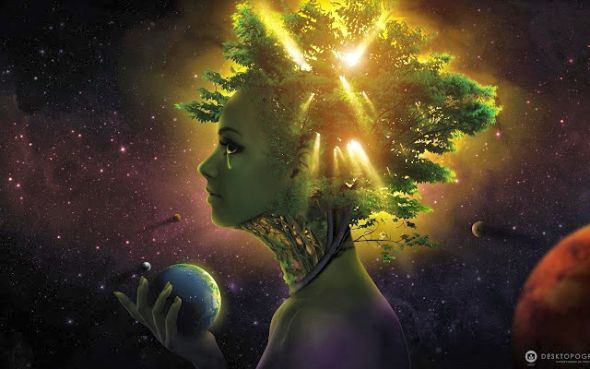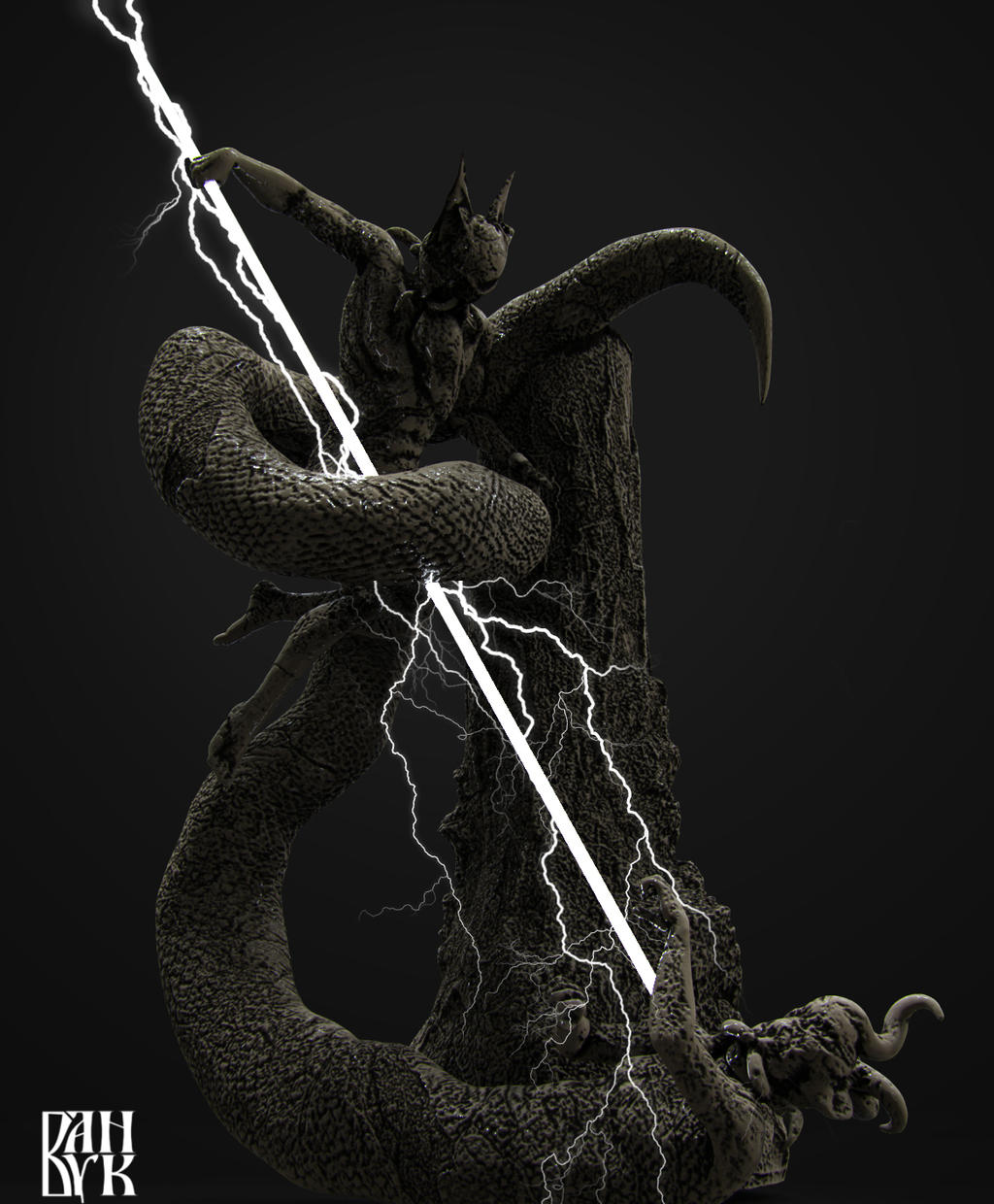Dear
Mother Nature,
It is
both sad and horrifying to know that your children are united only in their
meaningless fight against you. So, dear Mother, I've been thinking – maybe,
instead of giving us those unbelievable sunsets, breathtaking landscapes, the
air we breathe and the life itself, you could just slap us all. Unexpectedly
and right in the face. Just to remind us how small and insignificant we are
compared to you. Both the rich and the poor, Christians and Muslims, healthy
and sick, beautiful and ugly, smokers and non-smokers, Facebook users and
Twitter users, literate and illiterate, black and white, hipsters and the
normal folks.
Now,
if that doesn't help us realize what we're doing both to ourselves and you,
maybe then you could give us a tug on the ear, short and painful, just like my
Russian teacher used to do when someone forgot to do his homework. Because our
homework is way overdue. We failed to learn that no guns, oil, biological
weapons, software, money, Facebook likes, or Bruce Willis can stop you. There
is no bunker, fallout shelter, giant yacht, Mars, or Swiss bank account that
can protect us from the impending doom we deserve.
If
the slap and the tug don't make us realize how insignificant we are compared to
you, Mother, then make us kneel on corn in front of you. The way teachers used
to punish bad students. Because we lack education. We lack culture. We lack
manners. And we're so, so filled with hate. Selfish, we live our lives thinking
only about how to satisfy and save our own asses. We live for the moment, for
the now, where everything revolves around us, and we never stop and think about
what kind of future we are leaving for our children and their children. What we
should cherish and save, if there's anything left to save at all and if there
is any future we can hope for.
If
after all those punishments we don't learn how to love one another and how to
love you, if we don't realize how lucky we are to have you, then just slap us
silly. Slap us until we are all red and sad and sorry. Give us the beating of
our lives, and not the s&m Christian Gray kind, but the real, Bruce
Lee-style ass-kicking.
Love,
Drina( picture : http://www.shiftfrequency.com/ )



